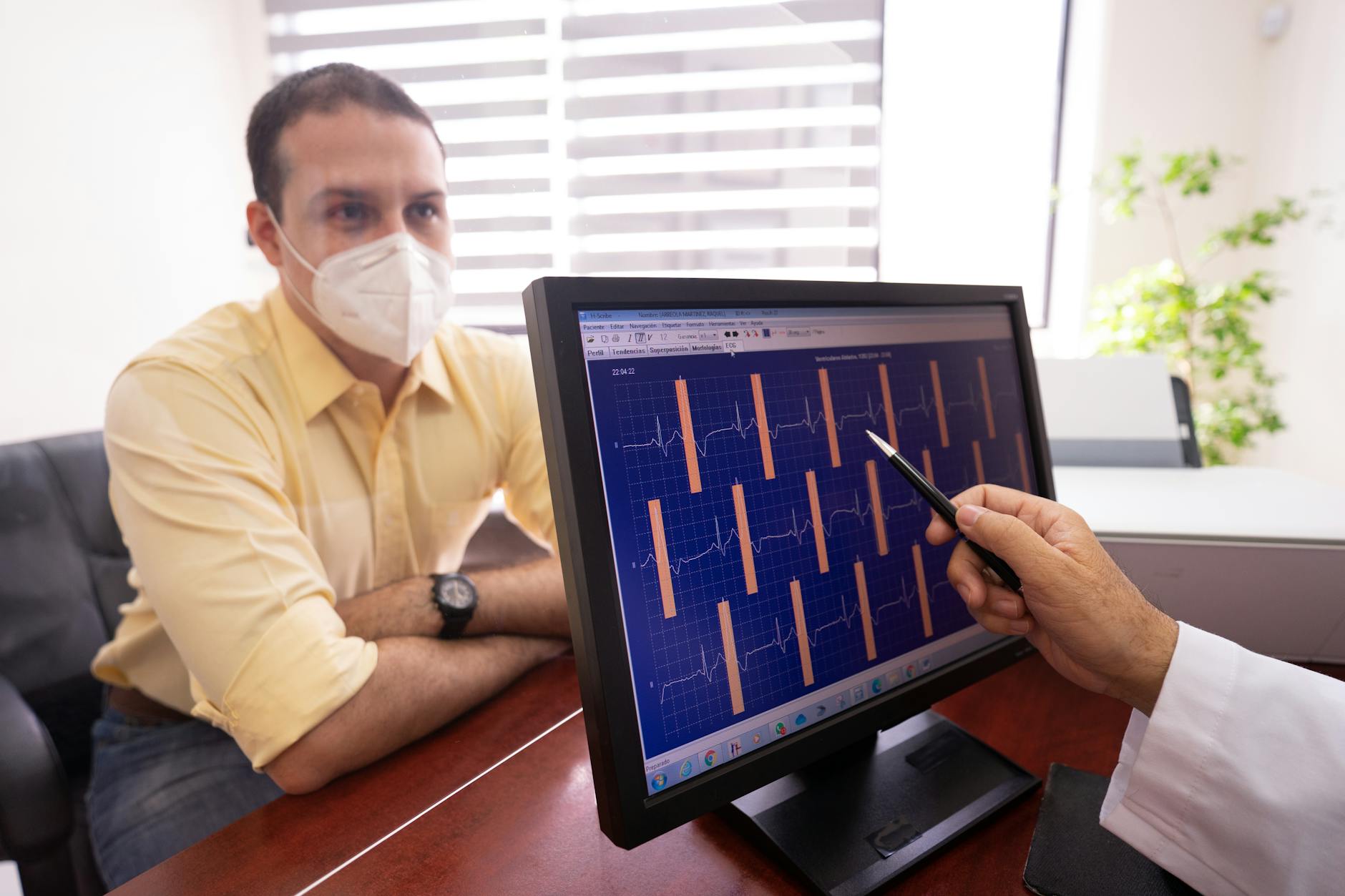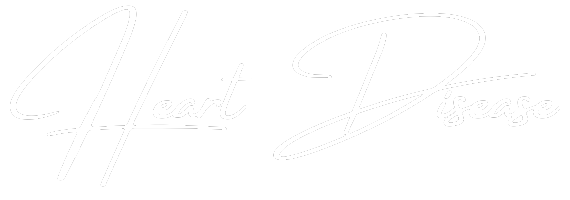
Experiencing a heart attack is a terrifying and life-threatening event, but recognizing the signs early can make all the difference. As a cardiologist, I’ve seen how crucial timely intervention is for survival and recovery. Let’s dive into how you can identify the symptoms of a heart attack and what to do if you suspect you’re having one.
Chest Discomfort
One of the most common signs of a heart attack is chest discomfort. This discomfort often feels like pressure, squeezing, fullness, or pain in the center or left side of your chest. It can last for more than a few minutes or go away and come back. This sensation is usually not sharp or stabbing, but more like a weight pressing on your chest. However, it’s important to note that not all chest pain is indicative of a heart attack.
Upper Body Pain
Heart attack symptoms can extend beyond the chest. Pain or discomfort can radiate to the shoulders, arms, back, neck, jaw, or stomach. For example, some people feel as if an elephant is sitting on their chest and the pain radiates to their left arm. This type of pain can be confusing because it might be mistaken for other conditions, such as muscle strain or indigestion.

Shortness of Breath
Shortness of breath, with or without chest discomfort, is another significant symptom of a heart attack. This may occur before, during, or after chest pain. It can feel like you can’t catch your breath or that you’re breathing heavily without exertion. Sometimes, this symptom can be mistaken for anxiety or a panic attack.
Nausea, Lightheadedness, and Cold Sweats
A heart attack can also cause nausea, lightheadedness, or cold sweats. You might feel like you have the flu or experience a sudden onset of dizziness. This is because your heart is struggling to pump blood effectively, which can affect your whole body. If you break out in a cold sweat or feel nauseated without a clear reason, it’s essential to take these symptoms seriously.
Fatigue and Weakness
Unusual fatigue or weakness, particularly in women, can be a subtle but important sign of a heart attack. This fatigue can be overwhelming and might not be related to physical activity. Some people feel tired even when they’ve done little to no physical exertion. If you’re suddenly feeling extremely tired without a clear reason, this could be your heart signaling distress.
What to Do If You Suspect a Heart Attack
If you think you’re having a heart attack, it’s crucial to act quickly. Call emergency services immediately. Don’t attempt to drive yourself to the hospital. Instead, chew and swallow an aspirin (if you’re not allergic), as it can help thin your blood and reduce the severity of the heart attack. Lie down and stay as calm as possible until help arrives. Quick action can save your life and reduce heart damage.
Risk Factors
Understanding your risk factors can help you prevent a heart attack. Common risk factors include high blood pressure, high cholesterol, smoking, obesity, diabetes, and a sedentary lifestyle. Family history and age also play significant roles. Regular check-ups with your doctor can help monitor these risk factors and manage them effectively.
Preventive Measures
Preventing a heart attack involves making healthy lifestyle choices. Eating a balanced diet rich in fruits, vegetables, whole grains, lean proteins, and healthy fats is crucial. Regular physical activity, such as walking, swimming, or cycling, helps keep your heart strong. Quitting smoking and limiting alcohol intake are also vital steps. Additionally, managing stress through mindfulness, hobbies, or spending time with loved ones can make a big difference.

Regular Check-Ups
Regular check-ups with your healthcare provider are essential for monitoring heart health and managing risk factors. These visits allow for early detection of potential issues and timely intervention. Your doctor may recommend periodic blood tests, imaging studies, and other assessments to keep track of your heart health. According to the American Heart Association, these regular visits can significantly lower the risk of heart disease.
The Role of Medication
Medications can play a crucial role in preventing and managing heart disease. These may include drugs to lower blood pressure, cholesterol, and blood sugar, as well as medications to prevent blood clots. Following your doctor’s instructions and taking your medications as prescribed is vital for keeping your heart healthy.
Esprili Cümle: “Why Did the Cardiologist Become a Musician? To Keep Everything in Rhythm!”
The Emotional Impact
Experiencing or fearing a heart attack can have a significant emotional impact. It’s normal to feel anxious or scared, but it’s important to seek support. Talking to a mental health professional, joining support groups, or sharing your concerns with family and friends can help alleviate some of the emotional burden. Remember, taking care of your mental health is just as important as your physical health.
Conclusion: Staying Heart-Smart
Recognizing the signs of a heart attack and knowing what to do can save lives. By understanding the symptoms, managing risk factors, and making healthy lifestyle choices, you can significantly reduce your risk of heart disease. Regular check-ups and being proactive about your heart health are essential steps. For more detailed information on heart disease and related conditions, you can visit the American Heart Association and the Centers for Disease Control and Prevention (CDC). These resources offer valuable insights and support for those seeking to improve their heart health.
Remember, your heart is the engine of your body. Take care of it, listen to its signals, and seek help if something feels off. With the right knowledge and actions, you can keep your heart healthy and strong. And don’t forget to add a little humor to your life—after all, laughter is good for the heart!
